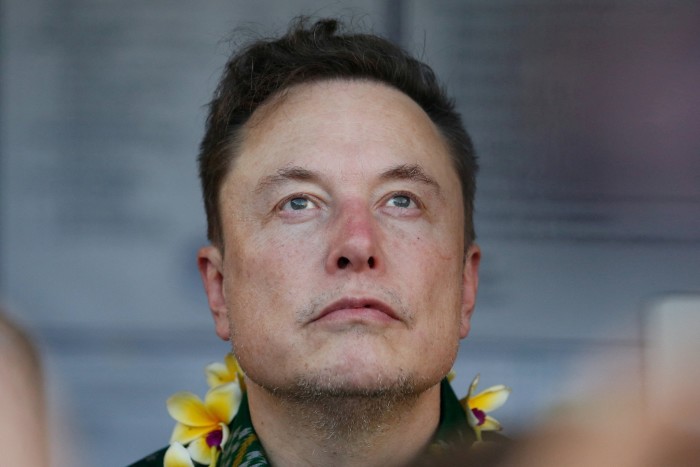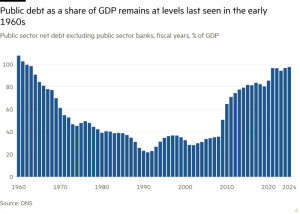Chinese satellite company to challenge Elon Musk’s Starlink in Brazil

Unlock the Editor’s Digest for free
Roula Khalaf, Editor of the FT, selects her favourite stories in this weekly newsletter.
A Chinese state-backed company plans to launch a satellite service to compete with Elon Musk’s Starlink in Brazil, in a challenge for the US as Beijing expands its influence in Latin America.
The announcement from Spacesail, which is developing high-speed internet services through low Earth orbit satellites, came as Chinese President Xi Jinping visited Brazil this week, where he signed an upgraded partnership with his counterpart, Luiz Inácio Lula da Silva.
The deal with Spacesail also follows a recent dispute between Musk, whose SpaceX company owns Starlink, and Brazilian authorities over alleged misinformation on the billionaire investor’s X social media network.
Spacesail agreed with Brazilian state-owned group Telebrás to provide satellite communications and broadband Internet services, according to Chinese state media.
The companies will study demand in areas not served by fibre optic infrastructure, according to the Brazilian government, with the aim of the service going live in 2026, a communications ministry spokesperson said.
“Spacesail is committed to being a long-term partner to Brazil,” chief executive Jie Zheng told reporters late on Tuesday.
Brazil has sought to encourage competitors to Starlink, which controls almost half the satellite internet market in Latin America’s largest nation.
Musk this year refused to obey judicial orders in Brazil to take down accounts that were allegedly promoting extremist content on X, resulting in the platform’s temporary ban in the country.
Starlink was dragged into the spat and forced to pay fines on behalf of X, as regulators that warned it risked losing its licence if it did not comply with court rulings. Musk ultimately agreed to remove the accounts.

Tensions between Musk and Brazil’s leftwing government were inflamed again over the weekend, when Rosângela Lula da Silva, the president’s wife, insulted Musk at an event about social media regulation.
Spacesail’s announcement, which comes amid US concerns about its waning influence in a region once considered Washington’s “backyard”, coincided with a whirlwind diplomatic tour through South America by the Chinese leader.
Xi attended the inauguration of a Chinese-built megaport in Peru last week, ahead of the Asia-Pacific Economic Cooperation summit in Lima. He then travelled to Rio de Janeiro for the G20 leaders’ conference before being received in Brasília with full state honours on Wednesday.
Lula and Xi upgraded their “comprehensive strategic relationship” — already one of the highest in Beijing’s hierarchy of bilateral relations — to a “China-Brazil community with a shared future for a more just world and a more sustainable planet”.
The agreement echoes of one of Xi’s core diplomatic doctrines, building a “community of common destiny for mankind”, which analysts believe refers to Beijing’s pursuit of a multipolar world that will enable its rise while eroding US dominance.
The two leaders also signed dozens of deals spanning agriculture, trade, infrastructure, technology and industry.
But Brazil has not joined China’s Belt and Road Initiative, Xi’s flagship international infrastructure programme, despite being courted by Beijing. Officials in Brasília believe they can secure Chinese investments without full membership in the programme.
Spacesail, which also operates under the name Shanghai Spacecom Satellite Technology, has ambitious plans to accelerate its satellite deployment, with a goal of 15,000 spacecraft in low Earth orbit by 2030, according to state media. It launched its first round of 18 satellites in August, followed by another round in October.
One of its previous international tie-ups in Germany became embroiled in legal disputes over the ownership of prized satellite spectrum licences.
Additional reporting by Tina Hu in Beijing
#Chinese #satellite #company #challenge #Elon #Musks #Starlink #Brazil




